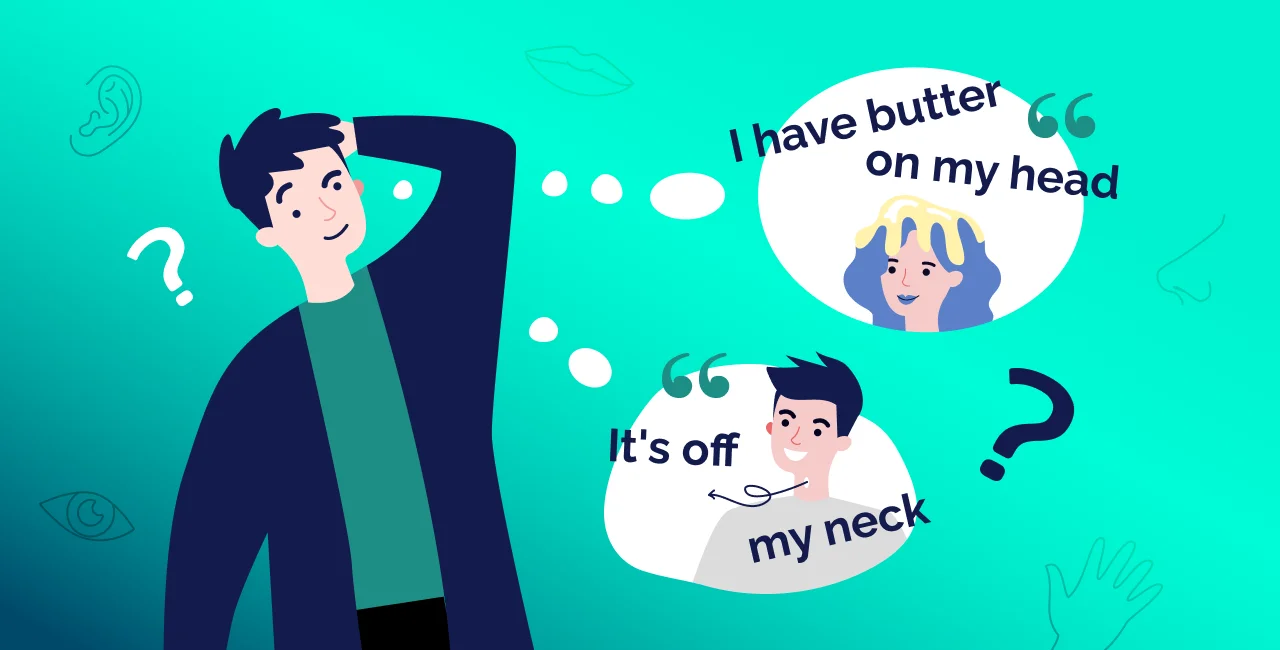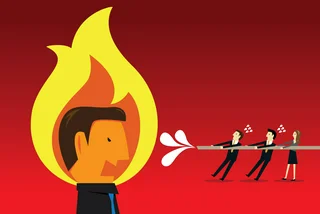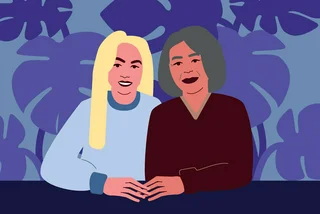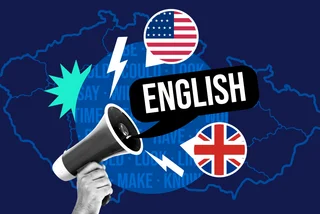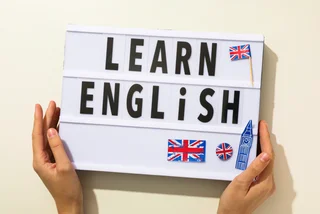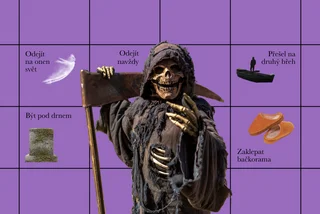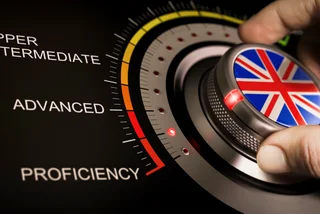True language proficiency lies in the speaker's ability to use idioms, those quirky expressions that paint vivid images in our minds. Czech, a language with a rich cultural heritage, boasts an array of fascinating idioms that utilize various body parts to convey deeper meanings. This month, the experts at the Charles University Institute for Language and Preparatory Studies (ÚJOP UK) reveal body-centric Czech idioms, delving into the linguistic nuances of Czech to discover the meaning behind each expression.
EYE/OKO
Padnout někomu do oka = to draw someone's attention
The way we visually perceive another person often forms our first impression. Whether in personal or professional settings, making a positive first impression holds significance as it shapes how others perceive and engage with us. The literal translation of the Czech might not convey its true meaning. In Czech, "to fall into someone's eye" actually signifies attracting someone's attention, similar to the English expression "catching someone's eye."
EARS/UŠI
Mít za ušima = to be clever, cunning
While in English, a person who "is wet behind the ears" lacks experience, in Czech having something behind the ear is a phrase associated with intelligence. Another "ear" phrase that relates to intellect is zapsat si něco za uši (writing something down behind your ears), which means remembering something thoroughly. These language expressions shed light on the association between ears and brainpower.
NOSE/NOS
Dát si do nosu = enjoying delicious food
In addition to taste, the sense of smell also plays a crucial role in our enjoyment of food. A delightful aroma can further entice us to savor the dish, or as the phrase above suggests, "put it in my nose." Be mindful of how you use this idom, however, as a somewhat similar phrase, "dát někomu do nosu" (putting up someone's nose), carries a completely different meaning of "breaking someone's nose" or "having a fight."
MOUTH/PUSA
Mazat med kolem pusy = to flatter, offer insincere praise
The idiom "to spread honey around the mouth" conveys the idea of sweetness, akin to the English equivalent of "sweet talk." In both instances, the intention is to present a version of reality that leans towards the sweeter side, but often with a disingenuous motive to gain some advantages.
NECK/KRK
Mám to z krku = problem is solved
In Czechia and elsewhere problems and worries often feel like a burden around our necks, and we strive to relieve ourselves of them swiftly (or as the phrase above suggests, to get it off the neck). Interestingly, in English, the weight of problems is typically said to rest on our shoulders. Nevertheless, the common thread is that once the weight is lifted, the problem is resolved in both languages.
BACK/ZÁDA
Běhá mi mráz po zádech = I'm scared, I'm nervous, I have an uncomfortable feeling
This phrase refers to a "chill running down the spine," a physical sensation that often accompanies feelings of worry and nervousness. It's an uncomfortable sensation, similar to the feeling of cold fingers touching your back.
LEGS/NOHY
Vzít nohy na ramena = running away fast
Perhaps your intense nervousness and worry triggered the fight-or-flight response, prompting you to run away. The origin of this phrase remains unclear, although the "legs on shoulders" aspect could be linked to the raised tails of animals fleeing from danger, or the rapid swinging motion of legs when someone is running away.
HEAD/HLAVA
Mít máslo na hlavě = not being in a position to criticize someone for their behavior because of similar shortcomings
The vivid image of having butter on one's head brings to mind another expressive idiom that advises people in glass houses not to throw stones. Both idioms serve as reminders to be cautious when criticizing others for faults that might mirror their own.
FINGER/PRST
Omotat si někoho kolem prstu = to have power over someone, to be able to manipulate someone
In many languages, the idiom involves wrapping someone around a particular finger, like the little finger or thumb. However, in Czech, it's not specific; you can wrap them around any finger, effectively turning yourself into the puppet master and the other person into your puppet.
TEeTH AND FINGERNAILS/ZUBY A NEHTY
Držet se zuby nehty = hold on with all your strength
This phrase is employed to convey a significant effort, utilizing all available means to hold on to something, whether it's physical, like gripping a rock, or mental, like retaining a job position. In this regard, it bears some similarity to the English idiom "fighting tooth and nail," which denotes trying very hard to attain something desired.
Do you want to speak Czech like a native? Study at ÚJOP UK!











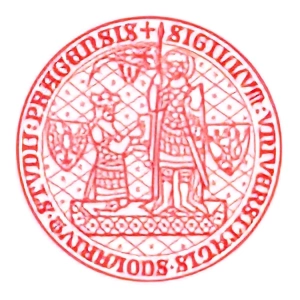
 Reading time: 4 minutes
Reading time: 4 minutes 